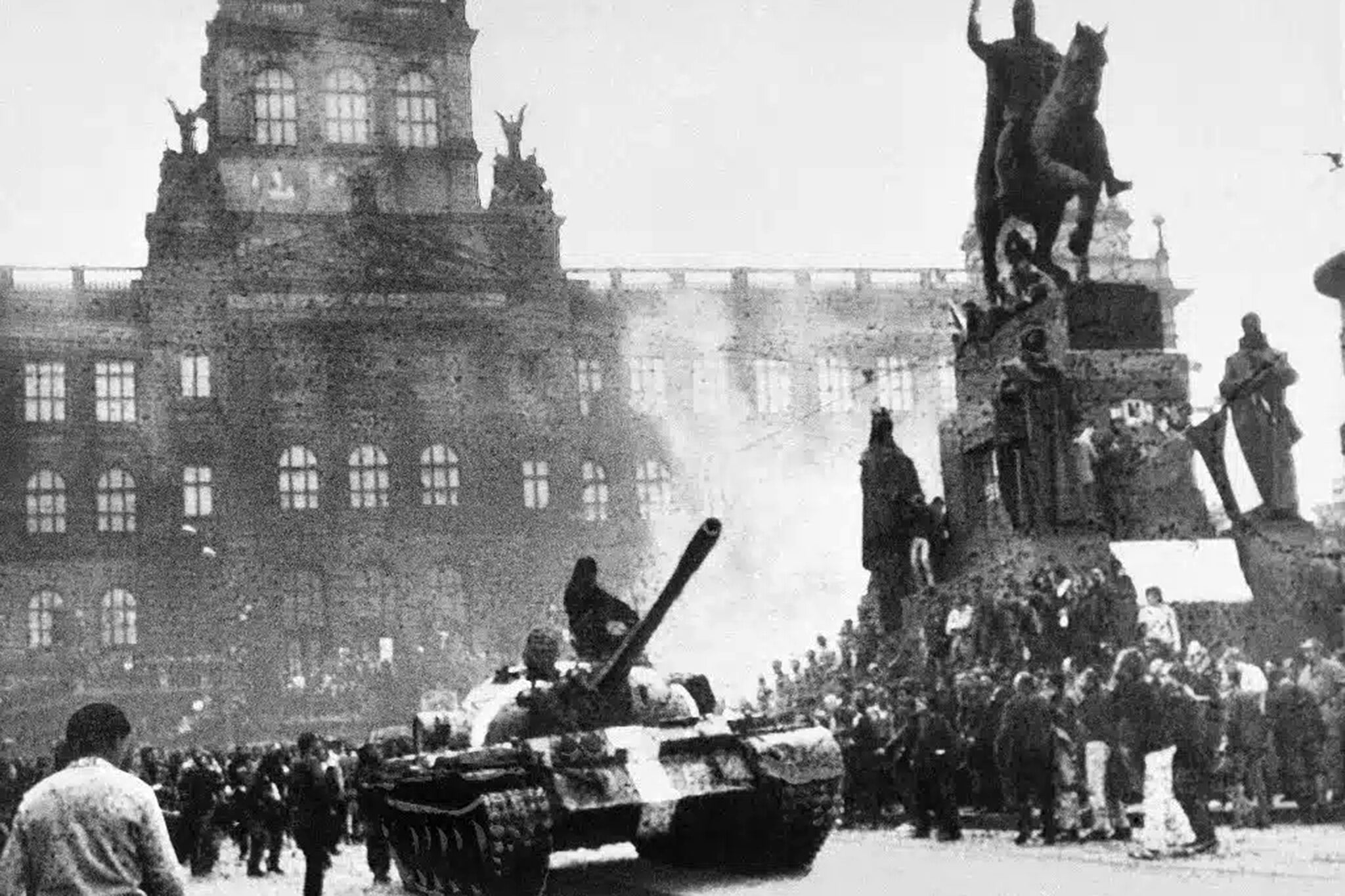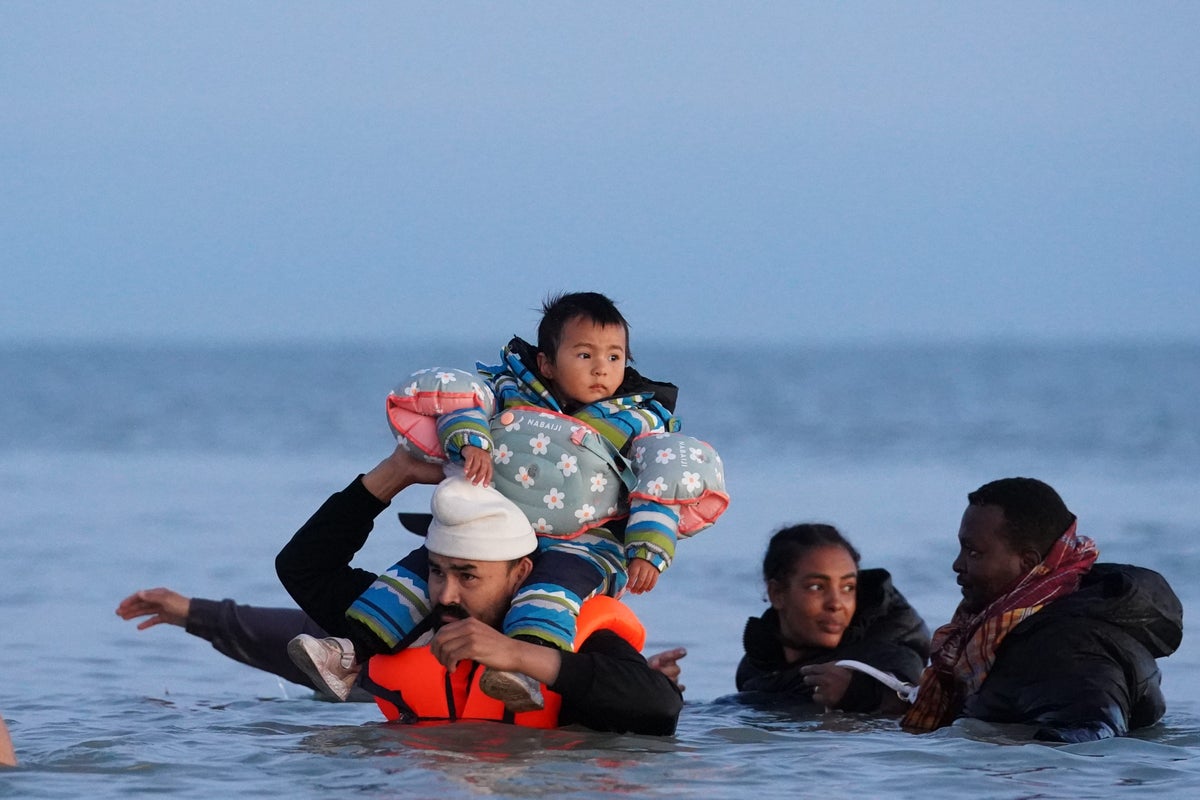The long-hidden thoughts of Tomáš Garrigue Masaryk, Czechoslovakia’s founding father and first president, are believed to have finally come to light. An envelope, whose existence was previously unknown to his living family, was unveiled in a live broadcast on Friday, with President Petr Pavel in attendance, amidst intense speculation about its contents.
Masaryk is understood to have dictated these musings to his son, Jan, some 90 years ago. At the time, he was confined to bed at the presidential palace in the municipality of Lány, believing he was dying after suffering the latest in a series of strokes.
The sealed document was entrusted to the National Archive in 2005 by Antonín Sum, Jan’s former secretary. Sum stipulated a 20-year embargo on its opening, a condition he claimed was agreed with Masaryk’s two granddaughters, Anna and Herberta, both of whom passed away in 1996.
Jan, who was the Czechoslovak foreign minister after the end of World War II, died suddenly after the Communists took over the country in 1948. Years after his death, Sum managed to safely deliver the envelope with other documents belonging to Jan, kept out of the country while under Communist rule, to the archives.
The white envelope contained another yellow envelope with five pages of handwritten notes in Czech and English. Masaryk’s wife, Charlotte Garrigue, was born in the United States.
After a brief check, experts said the notes looked genuine but disputed they were from 1937.
“I’d say they are from summer 1934,” historian Dagmar Hajková said. The president suffered his first stroke then and his health sharply deteriorated. He stepped down the following year and settled in Lány.

In a brief summary, Hajková said the handwritten notes suggest Masaryk thought his “days are numbered,” but was not afraid of dying.
He made some critical remarks about Czechs, the German minority and Slovak nationalist politician and priest Andrej Hlinka, something he did before.
The documents will be now thoroughly studied.
Masaryk became Czechoslovakia’s first president on Nov. 14, 1918, after it declared independence from the Austro-Hungarian Empire, which was defeated in World War One.
“He became a symbol of the foundation of a state based on democratic principles,” Pavel said.


